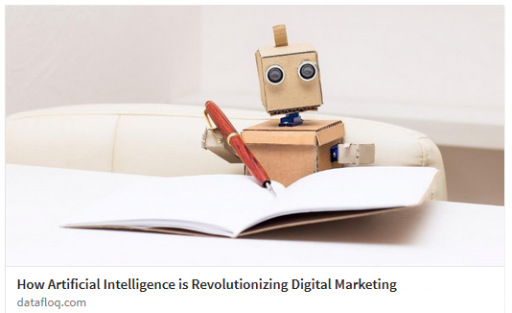

This means that the important thing is the output, not the process in-between. Given that, the nature of Turing’s test is more related to an emulator (or imitator) instead of a replicator of intelligence. This question avoids the difficult philosophical problem of pre-defining the verb “ to think” and focuses instead on the performance capacities that being able to think makes possible, and how a causal system can generate them. In the Wikipedia article about Turing’s original article, there is a paragraph that clearly explains the dynamics of the test:Īs Stevan Harnad notes, the question has become “Can machines do what we (as thinking entities) can do?” In other words, Turing is no longer asking whether a machine can “think” he is asking whether a machine can act indistinguishably from the way a thinker acts. Finally, we look at it from a machine learning (ML) expert and AGI (Artificial General Intelligence) perspective. Second, we discuss the repercussions from a social researcher’s perspective. We show three perspectives about the Turing Test and the implications of machines being successful on it.įirst, we discuss intelligence from the cognitive science (mostly human) position. In this article, we explore the idea of an AI passing the Turing Test (or a variant) and whether the test is still relevant or if we need a new criterion.

According to the test, if a human evaluator cannot differentiate between natural language coming from a human and from a machine, then the machine has passed. But wait, what’s the Turing Test about?Īlan Turning devised a straightforward test to evaluate intelligent machines. But there is one type of driving question that brings them all together: what exactly is ‘intelligence’? Can an agent show ‘ general’ intelligence? Is there a unique and universal intelligence? These questions lead many of us to ‘wonder’ the real relevance of well-known assessment mechanisms: in particular the Turing Test. Many experts from extremely diverse areas (anthropology, psychology, neuroscience, cognitive science, sociology) are asking questions from different perspectives. And this is not only for AI practitioners anymore: AI is, more than ever, multidisciplinary. The ever-increasing interest in a human-machine society is beyond question. Or what does it mean to be an Intelligent Machine?īy Irune Lansorena, Colton Magnant, David Gamba, and Alexis Carrillo Ramirez


 0 kommentar(er)
0 kommentar(er)
